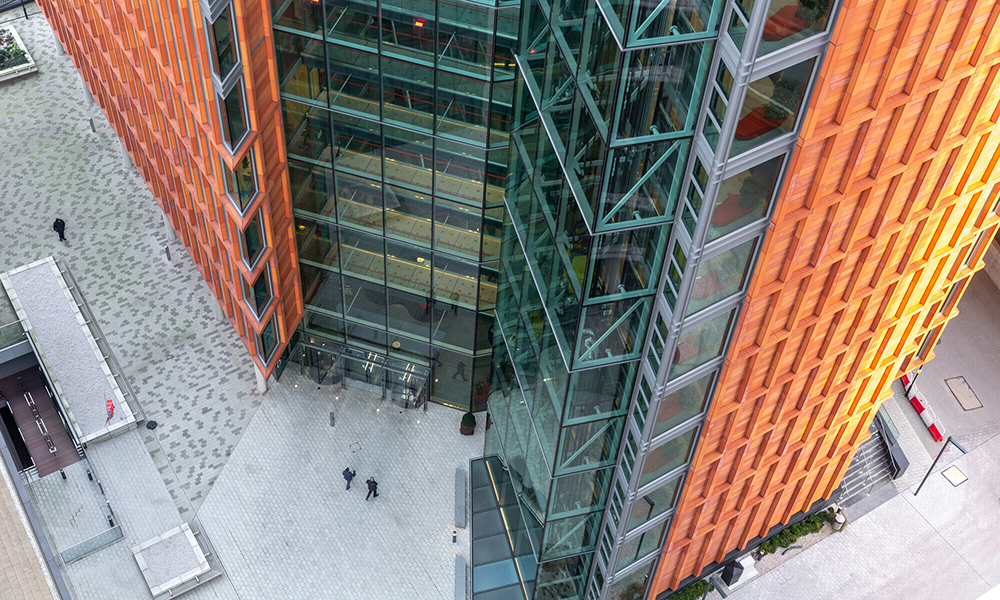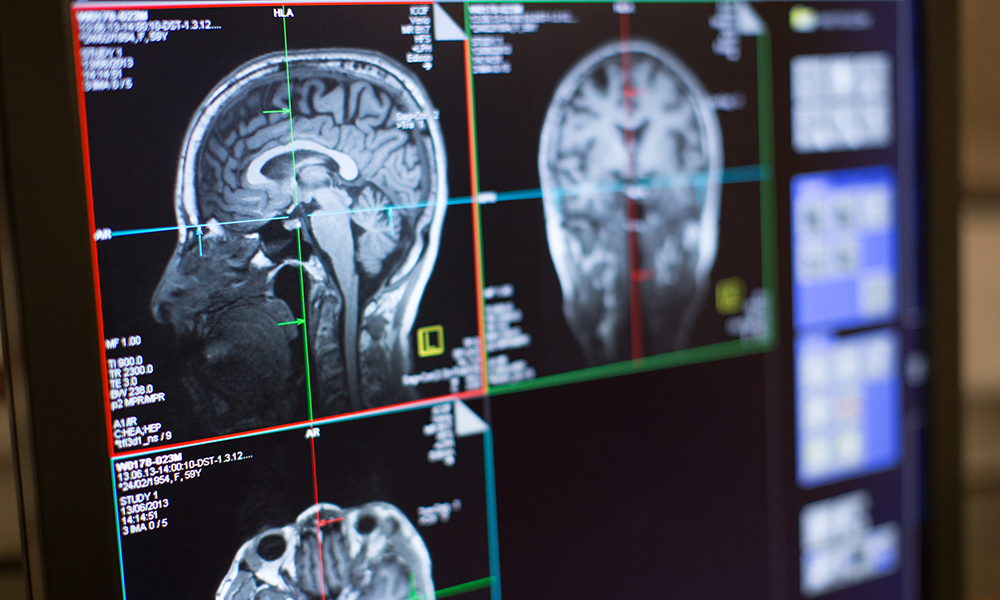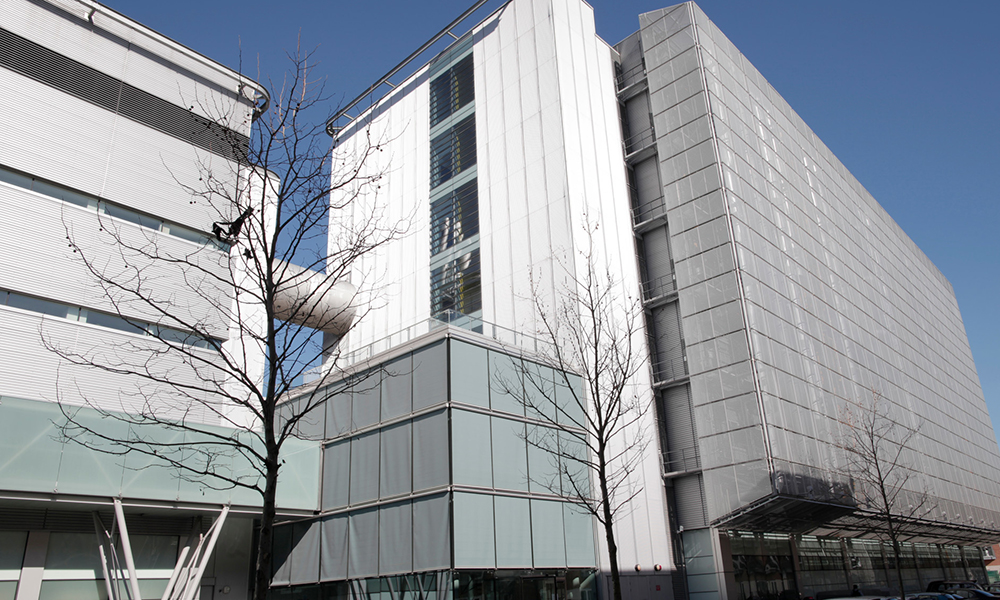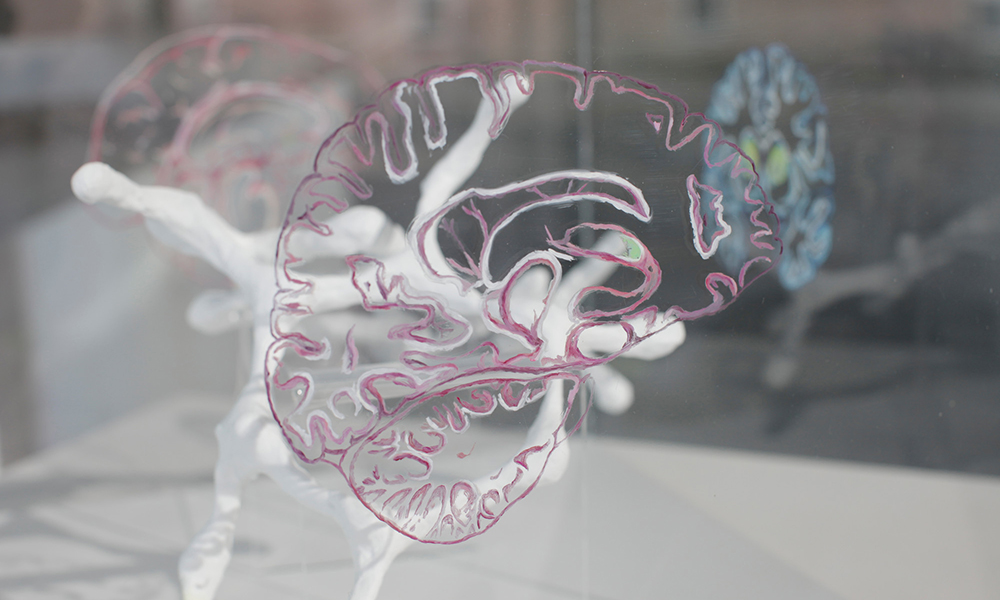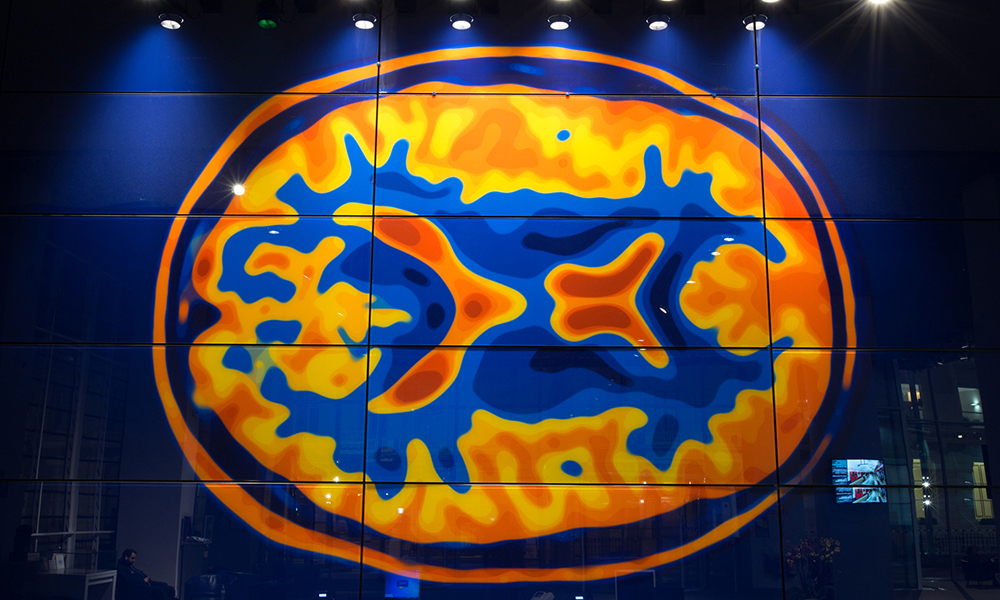
Congratulations to members of the Department who have recently had their research findings published. Here’s our round-up of the latest publication successes.
To ensure the quality and accuracy of the information published on this blog, we source our data directly from Symplectic. Our reports are generated on a monthly basis, which means there may be a delay in publicising some publications.
